Remember that neighbour across the street with a smooth glowing skin that glistens under the sun anytime she passes by your window? Wouldn’t you just love to know her skincare routine? Then all of a sudden you find yourself cooking up something for your face (right in the comfort of your home) because “neighbour” told you it worked for her, sadly many of the ingredients shared are not “face-friendly”. Because your neighbour’s skin type is different from yours, the negative effects aren’t apparent; till you use them, then it’s a horror story staring back at you in the mirror.
Whatever concoction you are whipping up for your skincare routine, estheticians have repeatedly listed these 5 as not being “face – friendly”:
Witch Hazel
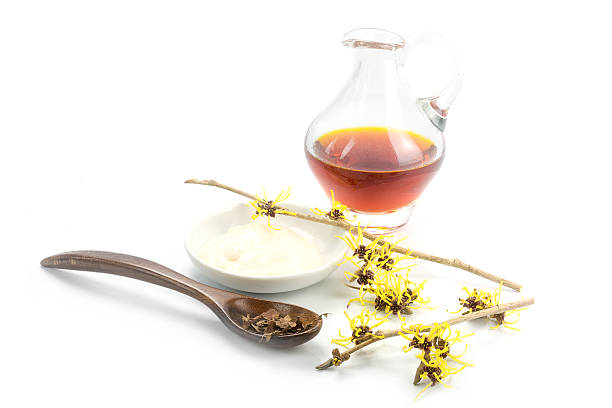
Witch Hazel has been used as a remedy to treat various skin conditions but that does not make it the right product to use on your face. When used as a toner, it strips your skin of its natural oils causing it to dry out which can lead to skin irritation and sometimes, allergic reactions.
Lemon Juice
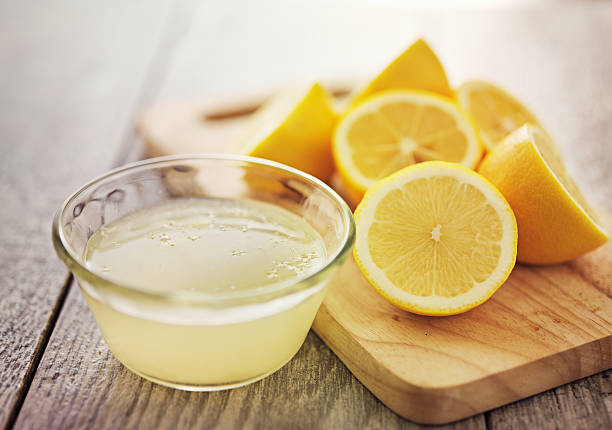
As a very good source of Vitamin C, one would expect Lemon juice to be a great choice for skin brightening and lightening. Unfortunately, this is not the reality when it comes to your face. Lemon juice has a pH of 2.3 which makes it to be very acidic for the human skin’s pH of 4.5 – 6.5. In other words, you are literally burning your face and irritating it when you apply lemon juice on it.
Urine
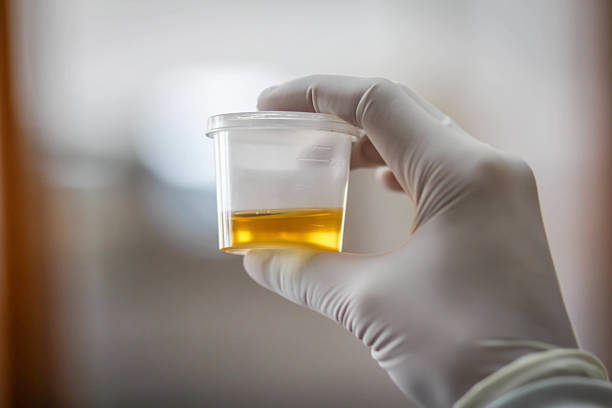
Just to be clear here, this should go into the toilet. Have you ever peed on a patch of grass repeatedly and checked that spot after sometime? What will happen? The grass in the area will wither and die. That alone should give you an inkling as to why you should flee from applying urine to the most obvious part of your body.
Toothpaste
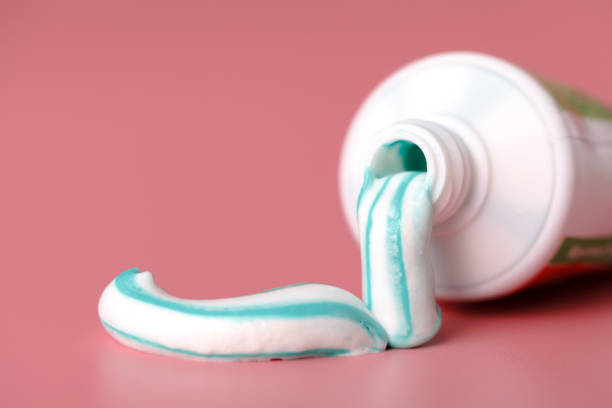
Toothpaste contains menthol and peppermint which would burn your skin and make it more prone to bacteria. Instead of using this to treat your face, try products that contain salicylic acid
Coconut Oil
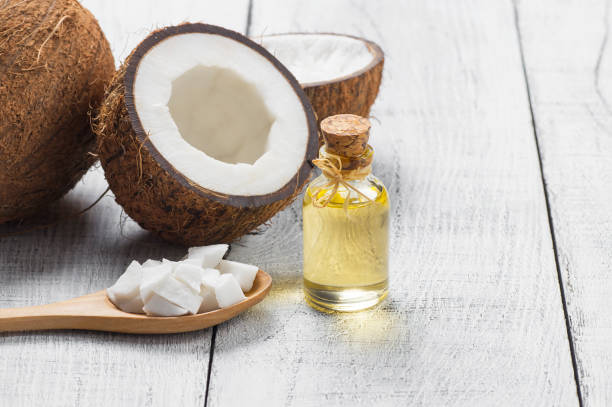
Many choose to swear by coconut oil because of its antibacterial properties. However, it is important to note that it is over 85% saturated fat and will clog your pores. If you are trying to use it to treat acne, you are only going to experience more breakouts due to the clogged pores. There have also been reports of coconut oils causing users to end up with a darker skin tone after repeated usage.
Whatever your skin goal is, it is best to visit a skin doctor or dermatologist who is an expert in attending to skin health related issues to avoid further complications. You might not be as lucky as those who tried these without experiencing side effects, so why risk it?
